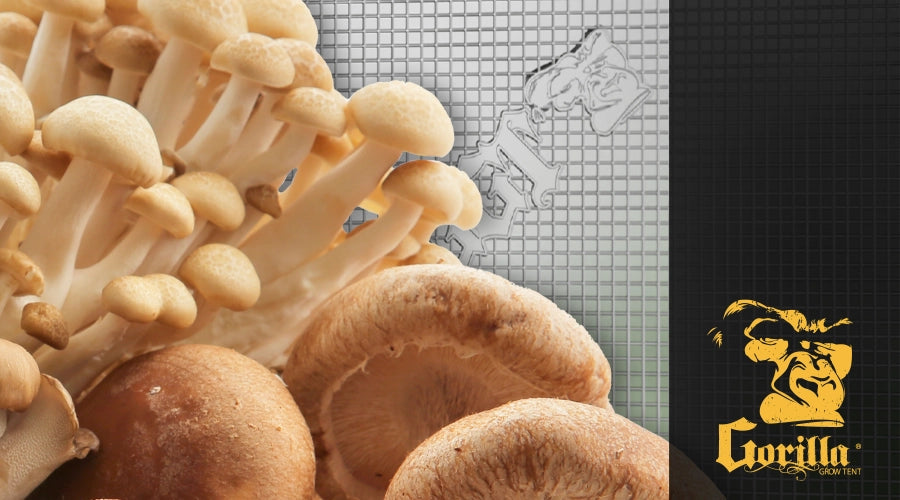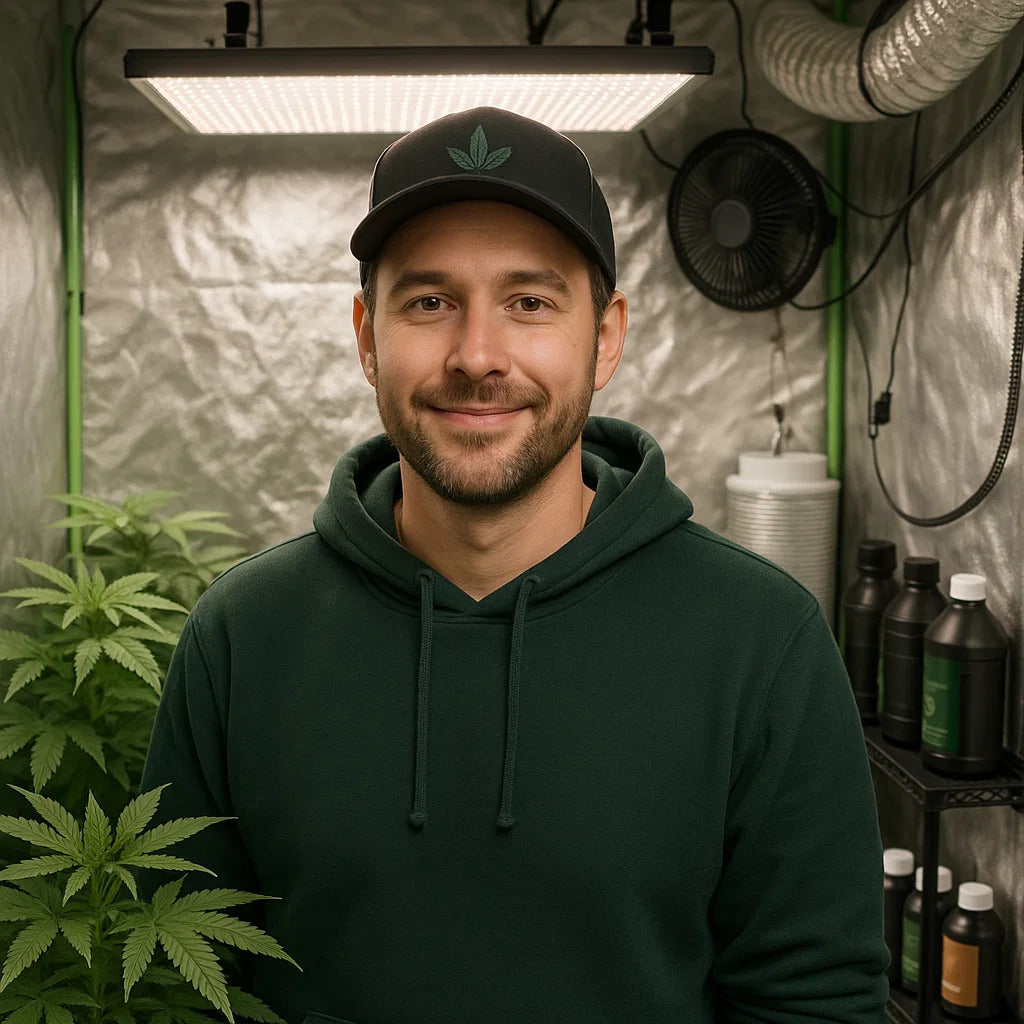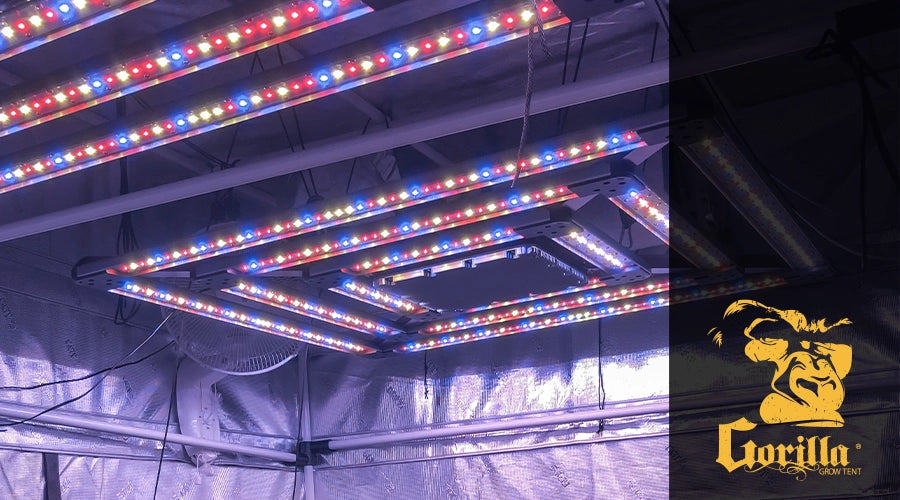
How to Grow Shrooms?
A Beginner's Guide to Growing Your Own Mushrooms at Home
If you are a mushroom lover, in this article, we will tell you how you can grow your own fresh and delicious mushrooms at home with the right tools and techniques.
Let's list the basics you need to know about the stages of mushroom growing, from which type of mushroom to choose to prepare the growing medium, inoculating the substrate, ensuring optimal growing conditions, and harvesting mature mushrooms.

The Best Mushroom Strains for Home Cultivation
The first step in growing mushrooms is to identify a type of mushroom that is suitable for your environment and growing conditions. Among the most popular strains for home cultivation are shiitake, oyster, and button mushrooms. The growing conditions and flavor profiles of each strain are different. That's why you need to do your research carefully to choose a strain that suits your needs.
Creating the Ideal Growing Environment for Your Mushrooms
The next step is to prepare the growing medium. Most mushrooms are grown on a substrate consisting of a mixture of organic materials such as straw, sawdust, or compost. The substrate should be inoculated with fungal spores or mycelium to prevent the growth of undesirable bacteria but must first be thoroughly sterilized.
To sterilize it, boil water in a saucepan and put the substrate in it and boil for at least another hour. After the substrate has been sterilized, it can be inoculated with fungal spores or mycelium.
Inoculating the Substrate: Tips and Tricks for Successful Mushroom Grow Kit
You will need fungal spores or mycelium to inoculate the substrate. You can research them and buy them from the market. The mycelium is essentially the vegetative growth of the fungus and is what eventually forms the fruiting bodies we know as mushrooms.
Once you have your spores or mycelium ready, you can mix them into the sterilized substrate. Take care to do this in a sterile place. .
Maintaining Optimal Growing Conditions
Once the substrate has been inoculated with fungal spores or mycelium, you are ready to start the growth process. Fungi need certain environmental conditions to grow and develop properly. These conditions include:
Temperature: Most mushroom species prefer temperatures between 65°F and 75°F. Of course, some species may need higher or lower temperatures.
Humidity: Fungi need high levels of humidity to thrive. You can get around this by misting the grow area several times a day or using a humidifier.
Light: Although fungi don't need direct sunlight, they still need some light to grow properly. You can use a grow light or place your mushrooms near a bright window, avoiding direct sun.
Airflow: Our mushrooms need fresh air all the time. Open the windows of your location once in a while. Or provide ventilation with a fan.
How to Harvest Your Homegrown Mushrooms
After the mushrooms reach maturity, you can harvest them by bending or cutting the stem close to the substrate. After collecting mature mushrooms, you create the same growing condition by resterilizing the substrate and inoculating it with spores or mycelium.
It's important to note that fungi are susceptible to contamination, so it's important to maintain a sterile environment throughout the growing process. This requires wearing gloves and using sterile equipment when handling substrates and fungi. If you notice anything like mold or unusual discoloration, discard the mushrooms immediately and start growing a new one.
Before we end, let's make a final warning: Mushrooms are as dangerous as they are delicious. Keep in mind that some types of mushrooms can be poisonous. For this reason, you need to research the species you will grow well and be sure of these mushrooms.

Lena Myles
I'm a mushroom enthusiast and home cook based in Oregon. I'm passionate about foraging and creating fungi-focused recipes, especially delicious, plant-based dishes using gourmet mushrooms like trumpet, shiitake, and oyster. When I’m not in the kitchen, you’ll usually find me wandering the woods in search of new wild flavors.


